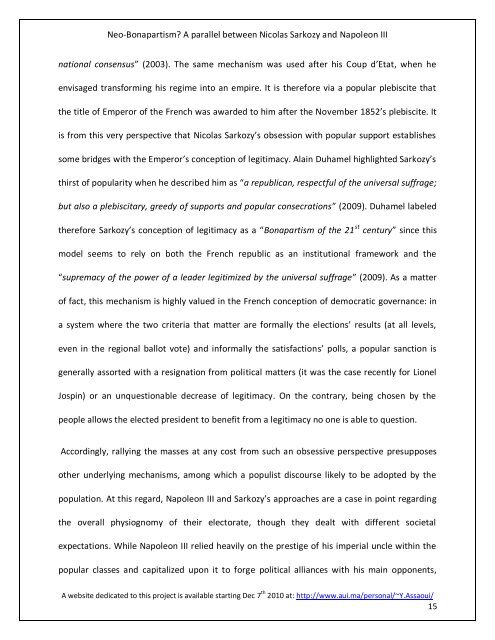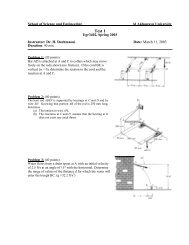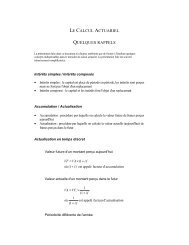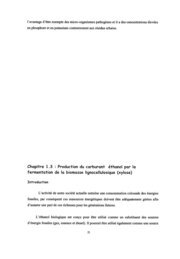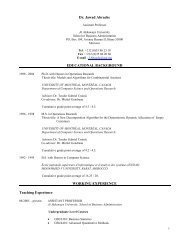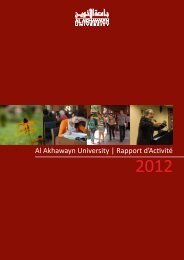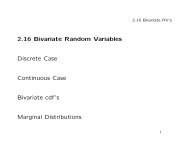Neo-Bonapartism? A parallel between Nicolas Sarkozy and ...
Neo-Bonapartism? A parallel between Nicolas Sarkozy and ...
Neo-Bonapartism? A parallel between Nicolas Sarkozy and ...
You also want an ePaper? Increase the reach of your titles
YUMPU automatically turns print PDFs into web optimized ePapers that Google loves.
<strong>Neo</strong>-<strong>Bonapartism</strong>? A <strong>parallel</strong> <strong>between</strong> <strong>Nicolas</strong> <strong>Sarkozy</strong> <strong>and</strong> Napoleon III<br />
national consensus” (2003). The same mechanism was used after his Coup d’Etat, when he<br />
envisaged transforming his regime into an empire. It is therefore via a popular plebiscite that<br />
the title of Emperor of the French was awarded to him after the November 1852’s plebiscite. It<br />
is from this very perspective that <strong>Nicolas</strong> <strong>Sarkozy</strong>’s obsession with popular support establishes<br />
some bridges with the Emperor’s conception of legitimacy. Alain Duhamel highlighted <strong>Sarkozy</strong>’s<br />
thirst of popularity when he described him as “a republican, respectful of the universal suffrage;<br />
but also a plebiscitary, greedy of supports <strong>and</strong> popular consecrations” (2009). Duhamel labeled<br />
therefore <strong>Sarkozy</strong>’s conception of legitimacy as a “<strong>Bonapartism</strong> of the 21 st century” since this<br />
model seems to rely on both the French republic as an institutional framework <strong>and</strong> the<br />
“supremacy of the power of a leader legitimized by the universal suffrage” (2009). As a matter<br />
of fact, this mechanism is highly valued in the French conception of democratic governance: in<br />
a system where the two criteria that matter are formally the elections’ results (at all levels,<br />
even in the regional ballot vote) <strong>and</strong> informally the satisfactions’ polls, a popular sanction is<br />
generally assorted with a resignation from political matters (it was the case recently for Lionel<br />
Jospin) or an unquestionable decrease of legitimacy. On the contrary, being chosen by the<br />
people allows the elected president to benefit from a legitimacy no one is able to question.<br />
Accordingly, rallying the masses at any cost from such an obsessive perspective presupposes<br />
other underlying mechanisms, among which a populist discourse likely to be adopted by the<br />
population. At this regard, Napoleon III <strong>and</strong> <strong>Sarkozy</strong>’s approaches are a case in point regarding<br />
the overall physiognomy of their electorate, though they dealt with different societal<br />
expectations. While Napoleon III relied heavily on the prestige of his imperial uncle within the<br />
popular classes <strong>and</strong> capitalized upon it to forge political alliances with his main opponents,<br />
A website dedicated to this project is available starting Dec 7 th 2010 at: http://www.aui.ma/personal/~Y.Assaoui/<br />
15


